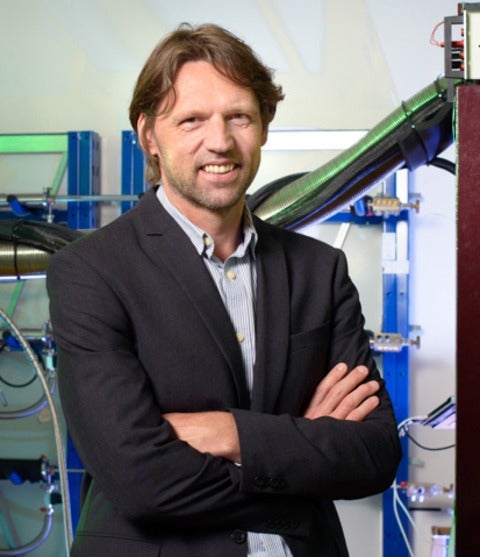Daniel Terno: Wave, particles and quantum control
Daniel Terno, Macquarie University
The debate on wave vs particle nature of light goes back to the days of Huygens and Newton. When used to model properties of quantum system these concepts lose their objective meaning and simply become the two aspects of wave-particle duality. Duality played a central role in Bohr—Einstein debates and prompted Bohr to formulate the complementarity principle. Complementarity leaves open the possibility that by adapting to the specific experimental sit-up a quantum system always behaves definitely either as a particle or as a wave.

 The workshop aims at bringing together researchers from quantum computing and classical programming languages.
The workshop aims at bringing together researchers from quantum computing and classical programming languages. In 1981, Richard Feynman proposed a device called a “quantum computer” to take advantage of the laws of quantum physics to achieve computational speed-ups over classical methods. Quantum computing promises to revolutionize how we compute.
In 1981, Richard Feynman proposed a device called a “quantum computer” to take advantage of the laws of quantum physics to achieve computational speed-ups over classical methods. Quantum computing promises to revolutionize how we compute.